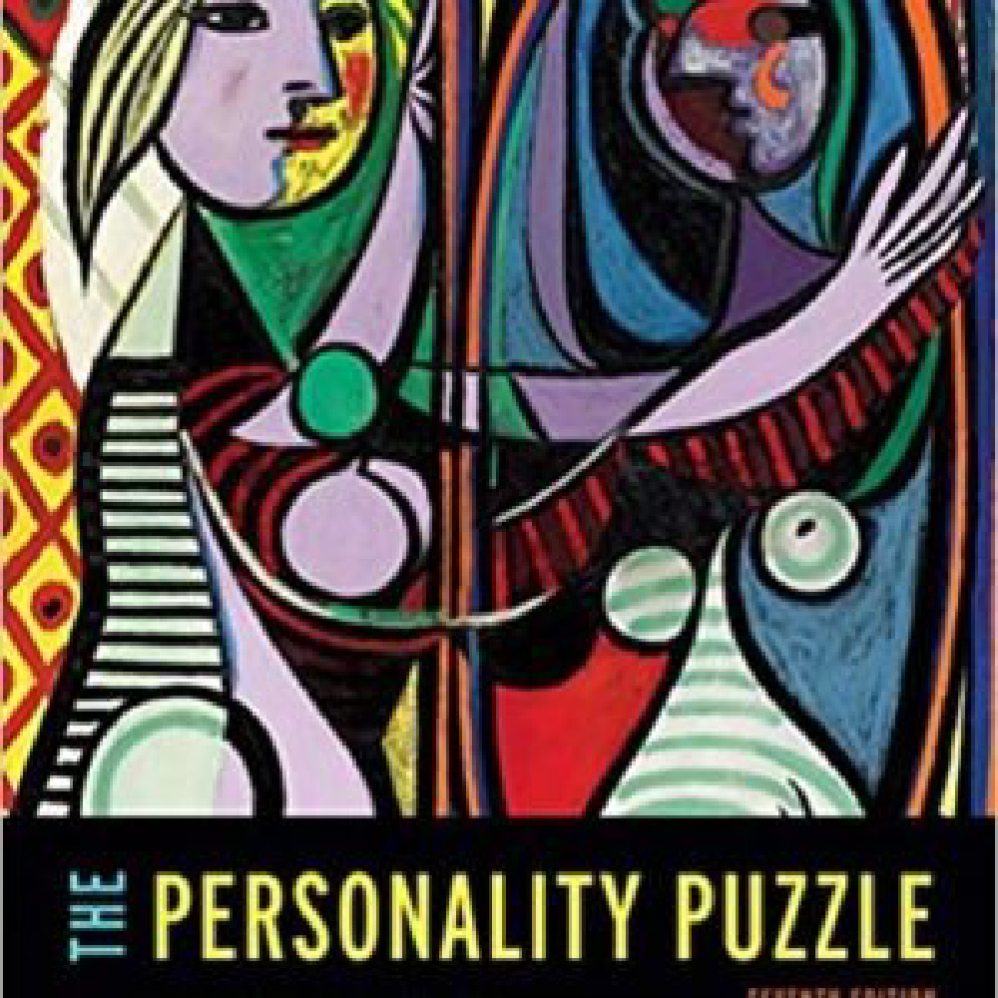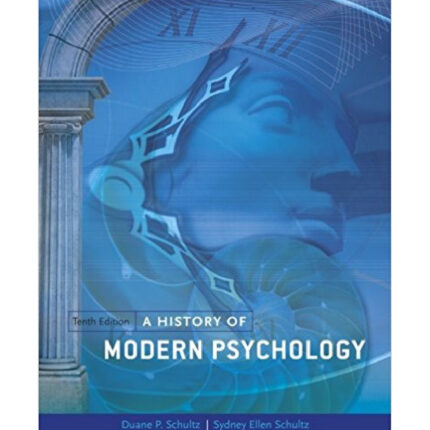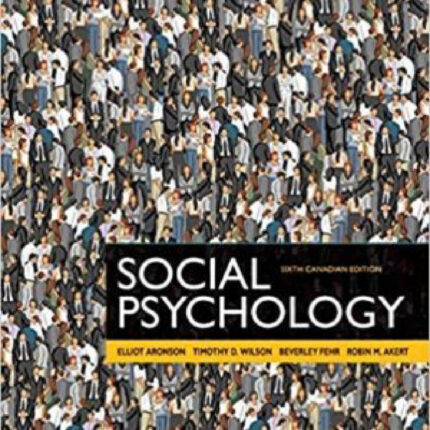Chapter 11: Psychoanalysis After Freud: Neo-Freudians, Object Relations, and Current Research
MULTIPLE CHOICE
1. All of the following Freudian ideas were reinterpreted by David Funder in the textbook EXCEPT ________.
a. identification with parents during the phallic stage
b. the stages of psychosexual development
c. the definition of libido
d. the concept of defense mechanisms
ANS: D DIF: Easy REF: Interpreting Freud
OBJ: 11.3 MSC: Understanding
2. Most neo-Freudians rely on information from ________ to test or verify their ideas.
a. controlled experiments
b. archival and field studies
c. Freud’s original case descriptions
d. patient histories and introspection
ANS: D DIF: Moderate REF: Latter-Day Issues and Theorists
OBJ: 11.1 MSC: Remembering
3. In general, neo-Freudians ________.
a. are strict followers of Freudian ideas
b. represent the majority of psychologists working in universities today
c. use the same research methods Freud advocated
d. rarely practice psychoanalysis
ANS: C DIF: Easy REF: Latter-Day Issues and Theorists
OBJ: 11.4 MSC: Understanding
4. Modern psychoanalytic theory deviates from Freudian theory because it focuses less on ________ and more on ________.
a. sex; ego c. attachment; development
b. adults; children d. mothers; fathers
ANS: A DIF: Moderate
REF: Latter-Day Issues and Theorists: Common Themes of Neo-Freudian Thought
OBJ: 11.2 MSC: Remembering
5. Compared to Freud, ego psychologists pay a good deal of attention to ________.
a. conscious thought c. relationships with fathers
b. unconscious thought d. the Big Five traits
ANS: A DIF: Easy
REF: Latter-Day Issues and Theorists: Common Themes of Neo-Freudian Thought
OBJ: 11.4 MSC: Remembering
6. One difference between the neo-Freudians and Freud is that nearly all neo-Freudians ________.
a. place more emphasis on early childhood development
b. put more emphasis on interpersonal relationships
c. adhere to evolutionary theory and emphasize the importance of sex as a motivator
d. emphasize the importance of unconscious processes in the determination of behavior
ANS: B DIF: Moderate
REF: Latter-Day Issues and Theorists: Common Themes of Neo-Freudian Thought
OBJ: 11.4 MSC: Remembering
7. Most neo-Freudians differ from Freud in three major respects. Which of the following is NOT one of these differences?
a. They emphasize a more scientific approach than Freud did.
b. Sexuality is less emphasized by neo-Freudians.
c. Conscious processes are emphasized more by neo-Freudians.
d. They describe interpersonal relationships as the source of psychological health.
ANS: A DIF: Easy
REF: Latter-Day Issues and Theorists: Common Themes of Neo-Freudian Thought
OBJ: 11.4 MSC: Analyzing
8. Javier commonly asserts his dominance to his peers by picking fights or showing off how much weight he can lift at the gym. What kind of overcompensating behavior is Javier displaying?
a. organ inferiority c. inferiority complex
b. masculine protest d. basic mistrust
ANS: B DIF: Easy REF: Inferiority and Compensation: Adler
OBJ: 11.5 MSC: Applying
9. Adler felt that ________ was an important motivator of human thought and behavior.
a. the collective unconscious c. social interest
b. animus d. anxiety
ANS: C DIF: Moderate
REF: Latter-Day Issues and Theorists: Inferiority and Compensation: Adler
OBJ: 11.1 MSC: Remembering
10. According to Adler, social interest is ________.
a. the tendency to observe other people in their natural environments
b. his personal measure of sociability
c. an interest in dominance
d. the desire to relate productively to others
ANS: D DIF: Moderate
REF: Latter-Day Issues and Theorists: Inferiority and Compensation: Adler
OBJ: 11.1 MSC: Remembering
11. Which of the following concepts is NOT associated with Adler?
a. feminine protest c. masculine protest
b. inferiority complex d. organ inferiority
ANS: A DIF: Easy
REF: Latter-Day Issues and Theorists: Inferiority and Compensation: Adler
OBJ: 11.1 MSC: Understanding
12. Tom was a sickly child and always felt helpless. According to Adler, as an adult Tom will probably ________.
a. be a complete invalid
b. lose all interest in his social environment
c. attempt to overcompensate
d. become obsessed with his persona
ANS: C DIF: Moderate
REF: Latter-Day Issues and Theorists: Inferiority and Compensation: Adler
OBJ: 11.1 MSC: Applying













Reviews
There are no reviews yet.